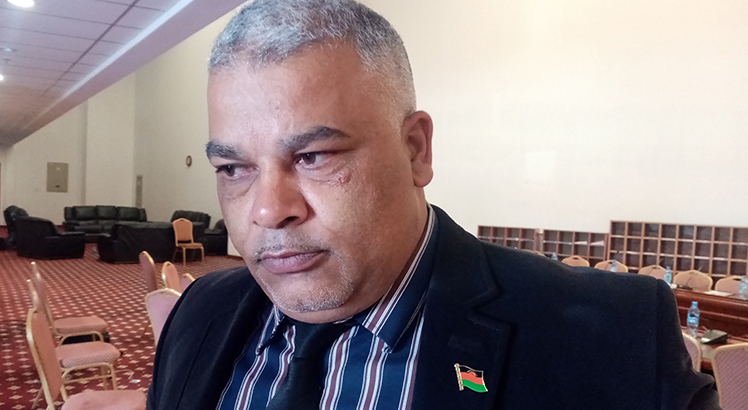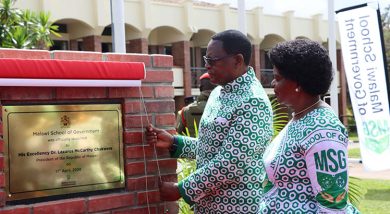Nankhumwa rally irks DPP governor
Democratic Progressive Party (DPP) regional governor (South) Charles Mchacha has accused Leader of Opposition Kondwani Nankhumwa of disrespecting the party leadership by holding a rally in Blantyre without approval.
Mchacha took to Facebook to express his displeasure with Nankhumwa, saying the Mulanje Central legislator and DPP vice-president (South) was taking party president Peter Mutharika for granted.
He said Mutharika deserves to be respected for nurturing and growing Nankhumwa and the party to be where it is today.

“Who was Nankhumwa if not for the DPP and the president [Mutharika]? He should not take Peter for granted simply because he is out of government,” said Mchacha.
The Thyolo West legislator further said the rally that Nankhumwa held last Sunday at Nyambadwe in Blantyre was basically a musical show for the Black Missionaries Band.
“That rally was for Black Missionaries not for the party. As you know, a lot of people love the band, especially here in the Southern Region,” he said.
But Blantyre City South East legislator Sameer Suleman, who was Nankhumwa’s rally organising committeee chairperson, said the rally was for all DPP supporters and that is why it attracted a huge crowd.
He said: “These are the kicks of a dying horse. As regional governor, has he ever held a rally in his region since DPP lost elections in 2020? We are bringing in a new DPP with more capable leaders, unlike him.”
Zomba Chisi legislator Mark Botoman said DPP is out of government because of the likes of Mchacha.
“He will go down the political history of our country as a regional governor who uses foul language in public and does that with impunity,” he said.
But in an interview on Saturday, political commentator Ernest Thindwa said sentiments suggesting some party members are ungrateful are quite revealing.
He said: “First, it suggests the primary motive for joining a party and by extension politics is motivated by anticipated personal gain made possible by some patron.
“Second, it suggests our political parties are not purposed as mass parties for representation and settlement of competing interests but rather as instruments owned by some patron who dispenses patronage to party members and loyal voting communities and for which members as clients to the patron are expected to be grateful,” he said.





